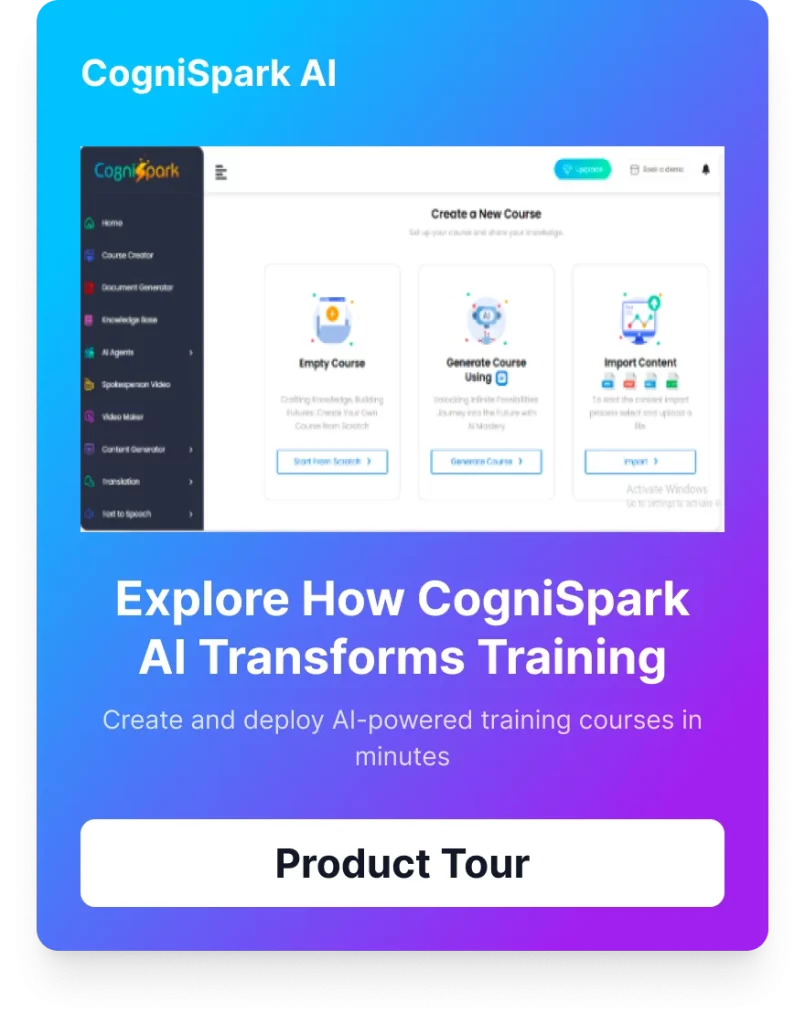Learning a new language is both exciting and challenging. Traditional methods often require significant time and effort, while human tutors can be expensive and not always available. This is where AI tutors in language learning are making a transformative impact.
With advancements in artificial intelligence, Best AI-powered tutors provide personalized, on-demand language learning experiences that cater to individual needs. From real-time pronunciation feedback to adaptive learning paths, AI tutors are reshaping the way people acquire new languages.
In this article, we’ll explore how AI tutors enhance language learning, their key benefits and common challenges for this evolving technology.
How Do AI Tutors Improve Language Learning?
1. Personalized Learning Paths
AI tutor analyze learners’ strengths and weaknesses, adjusting lesson plans accordingly. Unlike generic courses, AI-driven platforms create a dynamic learning experience based on proficiency level, learning speed, and areas of struggle.
2. Real-Time Feedback and Pronunciation Assistance
3. Interactive and Engaging Lessons
AI tutors incorporate gamification, real-life simulations, and interactive exercises to keep learners engaged. This approach makes language learning more enjoyable and effective.
4. 24/7 Accessibility and Affordability
Unlike human tutors, AI-based language learning platforms are available around the clock. This flexibility allows learners to practice at their convenience while also being a cost-effective alternative to traditional tutoring.
5. Contextual Learning Through AI-Powered Chatbots
AI chatbots simulate real-life conversations, enabling learners to practice speaking in different scenarios. These bots use Natural Language Processing (NLP) to understand and respond intelligently, mimicking human-like conversations.
6. Multilingual Support and Adaptive Learning
AI tutors can support multiple languages and automatically adapt to different accents and dialects. This adaptability ensures a more inclusive and personalized learning experience for users worldwide.
What Are the Benefits of Using AI Tutors in Language Learning?
1. Increased Retention and Efficiency
AI tutors use spaced repetition algorithms and adaptive learning techniques, reinforcing vocabulary and grammar rules effectively. This approach improves retention and speeds up language acquisition.
2. Improved Confidence in Speaking
By providing a stress-free environment, AI tutors help learners practice speaking without the fear of making mistakes, ultimately boosting confidence in real-world conversations.
3. Instant Performance Analytics
AI-powered platforms track progress through data analytics, highlighting improvement areas and suggesting personalized exercises. Learners can monitor their development and adjust their study strategies accordingly.
4. Bridging the Gap in Language Education
AI tutors make quality language education accessible to people in remote areas or those who cannot afford private lessons. This democratization of learning is a significant step towards global linguistic inclusivity.
AI tutors don’t just teach languages; they unlock the confidence to speak them fluently.
What Are the Challenges of AI Tutors in Language Learning?
1. Lack of Human Emotional Intelligence
While AI tutors excel in personalization and automation, they lack the emotional intelligence of human tutors. Motivation, empathy, and cultural nuances are areas where human interaction still plays a crucial role.
2. Dependence on Internet and Technology
AI tutors require a stable internet connection and access to digital devices. This limitation can hinder learners in regions with poor connectivity or limited technological resources.
3. Accuracy of Speech Recognition
Although AI-powered speech recognition is improving, it can still struggle with complex accents, slang, and contextual meanings, occasionally leading to inaccurate corrections.
4. Privacy and Data Security Concerns
AI-based platforms collect user data for personalization, raising concerns about privacy and data security. Ensuring secure data handling and compliance with privacy regulations is essential for AI tutors to gain widespread trust.
Conclusion
AI tutors are changing the landscape of language education, making learning more accessible, engaging, and efficient. Are you ready to enhance your language skills with AI? Explore leading AI-powered language learning platforms today and take the first step towards fluency!
For more insights into AI in education, stay updated with our latest blogs and expert reviews!























